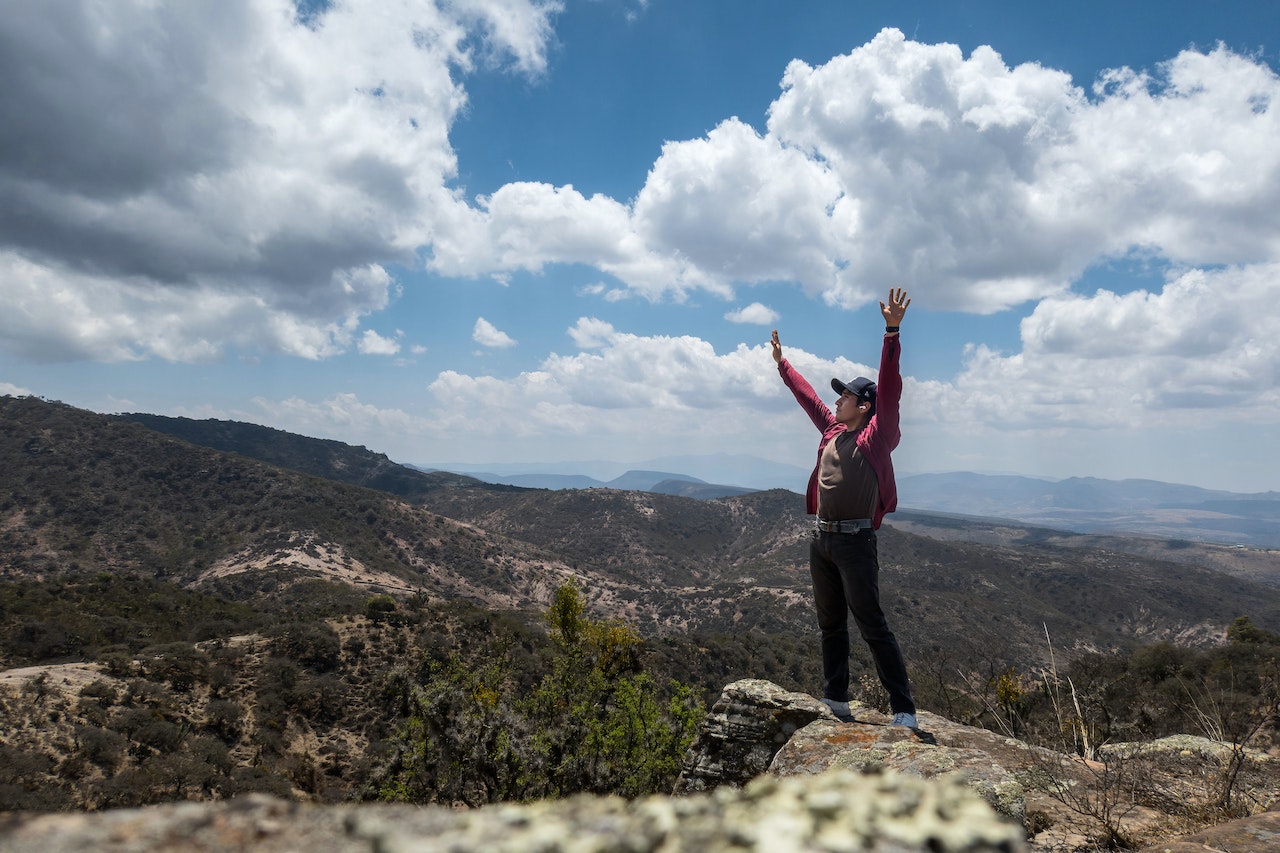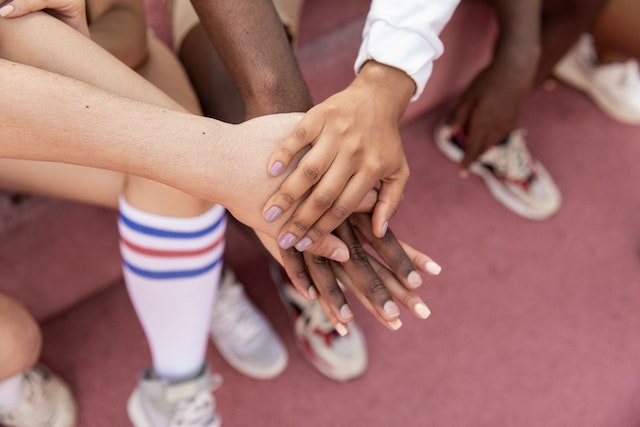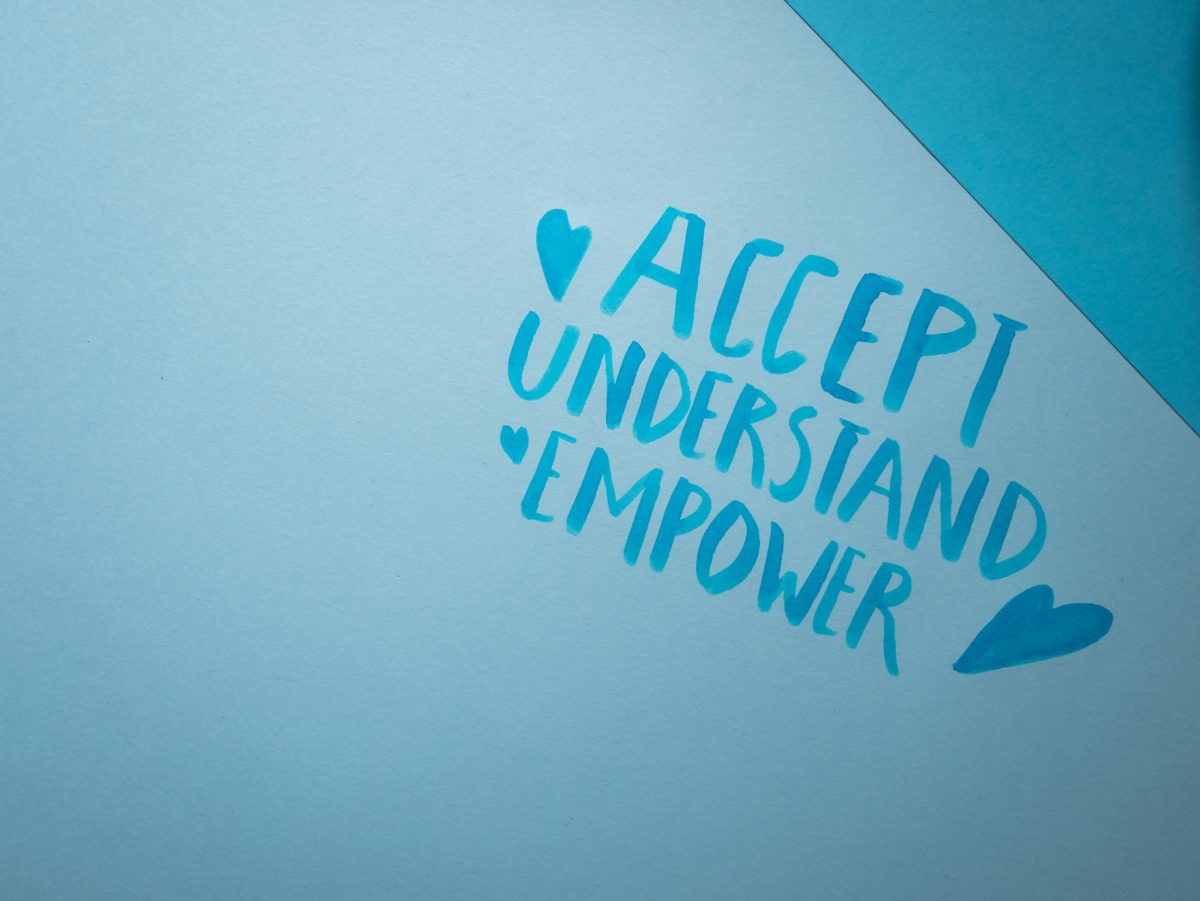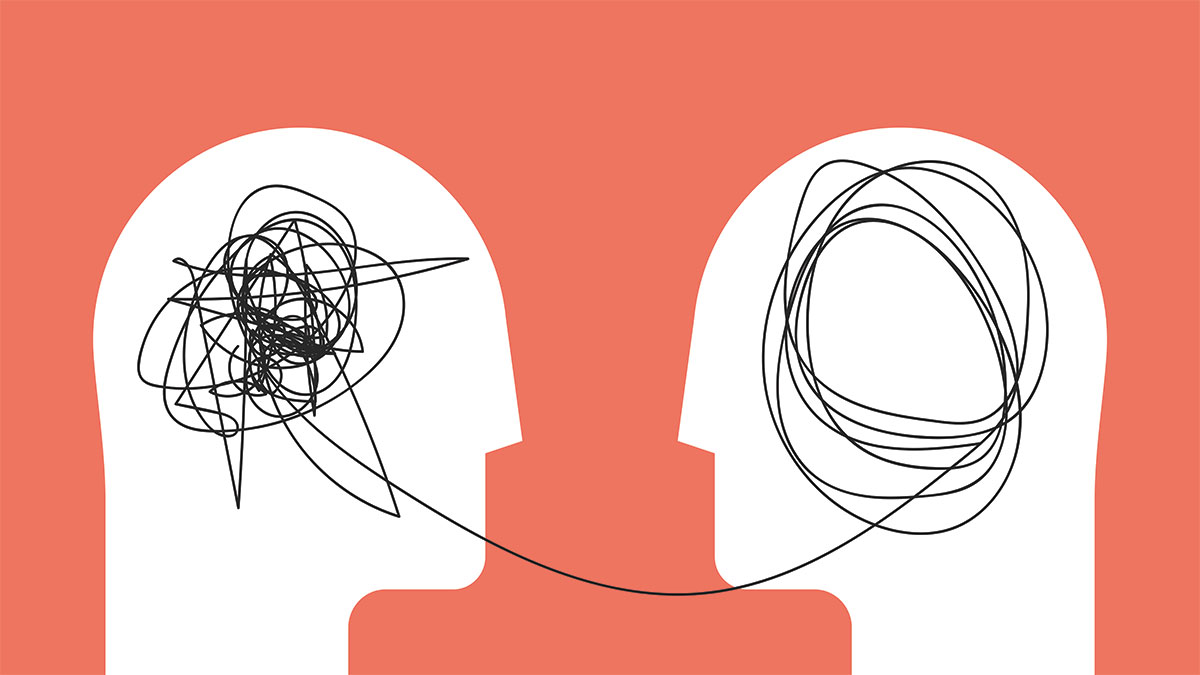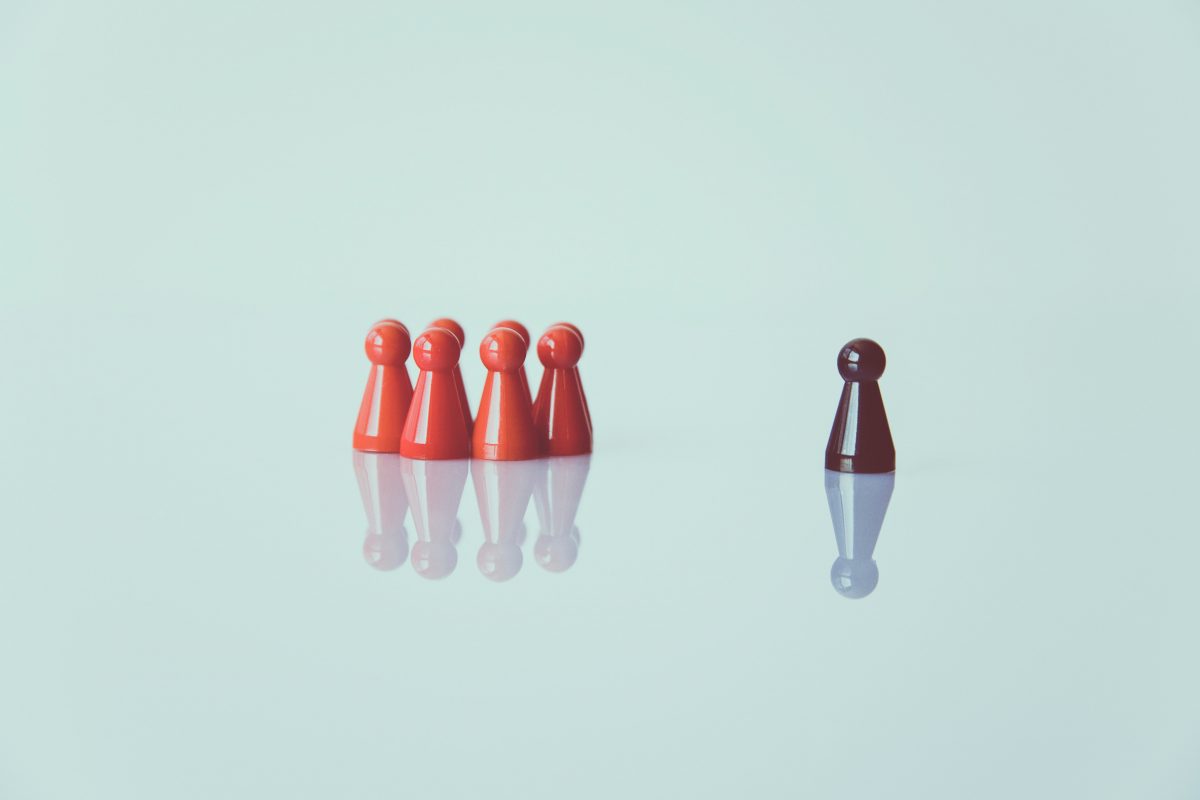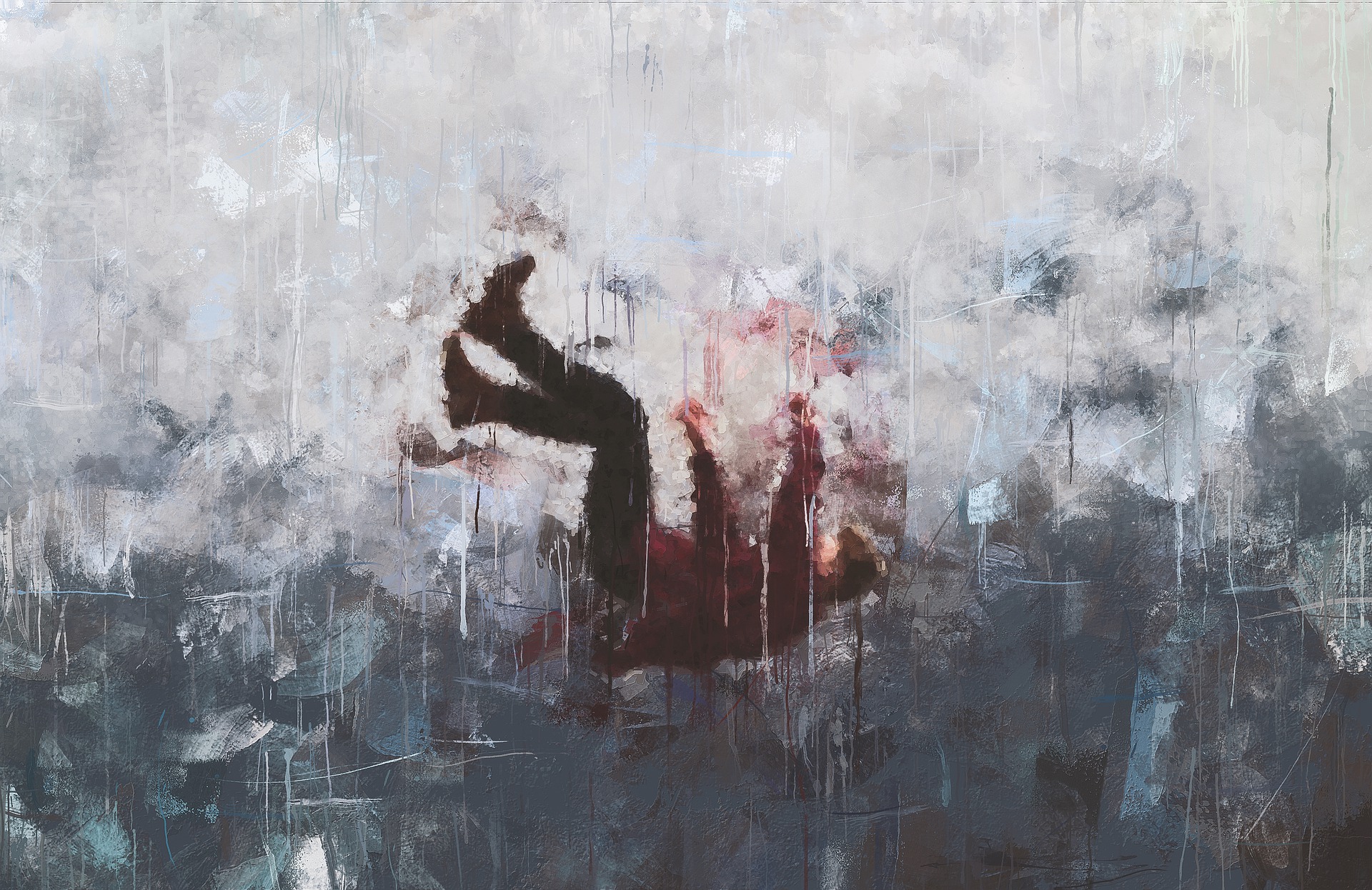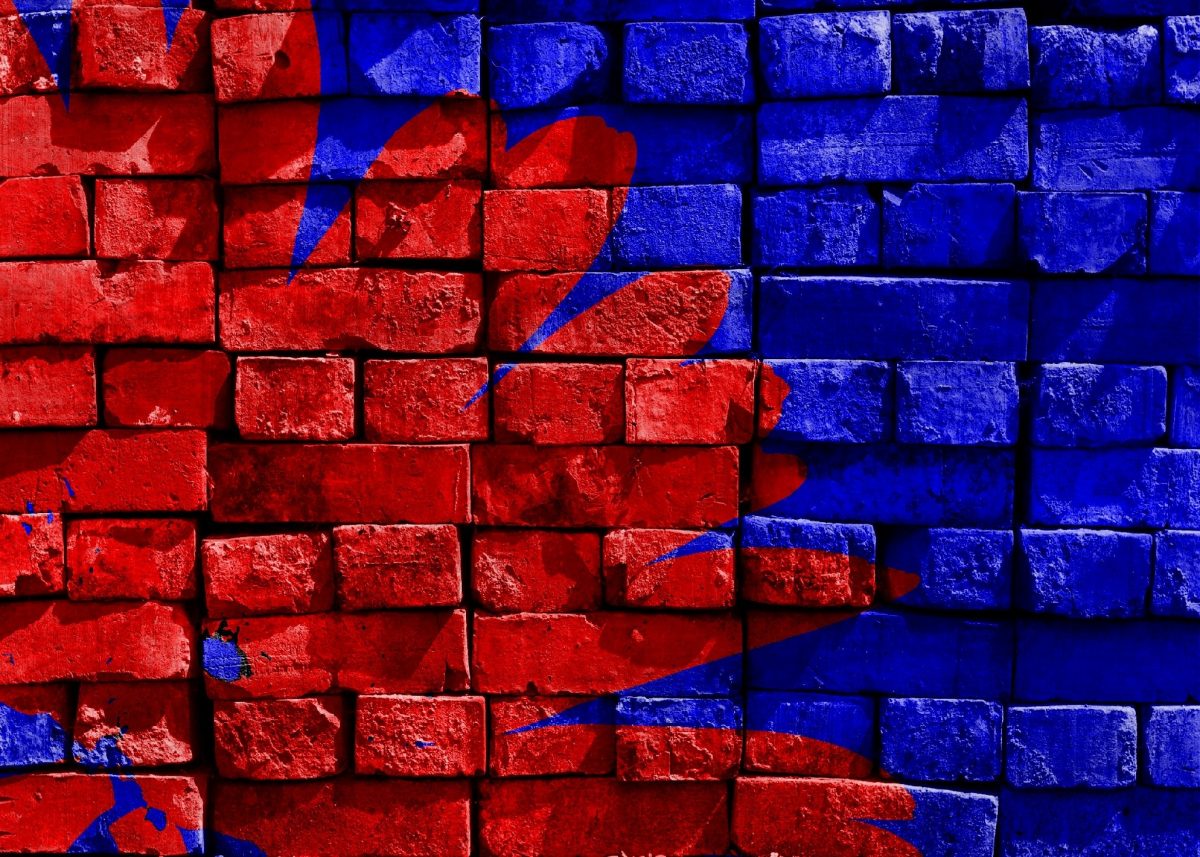
By Yamila García
Since the day I found out I was neurodivergent, I haven’t stopped learning and reconciling with myself. I carried a lot of guilt for always being so different from others. I didn’t understand myself or know why I felt the way I did, and for that, I blamed myself. Although it may seem contradictory, during my adolescence, I accepted and embraced being different because, in reality, it was impossible for me to hide it. However, I was frustrated by the consequences that this entailed. Being different meant that my social life was always limited by how I perceived the world. If I met someone new, the next time I saw them, I wouldn’t recognize them because I just don’t remember faces. I thought, “I’m so stupid! It’s not that difficult to remember a face…” However, today I know that many of us do not recognize faces because we do not see the big picture first, but the details, just the opposite of how many neurotypicals do. I don’t blame myself anymore for this, but I have also learned to see it as an ability. There are many situations in which it is better to see the details first and then focus on the big picture.
Many of the characteristics of neurodivergents can be interpreted in two different ways: as a flaw or as an ability. The interpretation will depend on who is looking and what perspective they take. I could say that I find it difficult to adapt to the new, or I could also say that I don’t need to buy new things all the time and that, thanks to feeling comfortable with familiar objects, the things that I have last for many years, thereby contributing to the environment. I could also say that I struggle with oral communication, or I could instead say that since I am not talkative, I am good at listening and observing, which makes me empathetic. I could also say that sudden changes affect me, but I can also say that I am actually a very organized person and it works very well when planning. Anyway, what I’m trying to say is that if at any time you feel “failed” or that something in you doesn’t work well, look for that other interpretation. Nothing is all bad; it’s probably just different, but that doesn’t mean there’s no value in it. The world may not yet be ready to appreciate the abilities of neurodivergents, but the first step to changing that is for us to learn to appreciate them ourselves.
